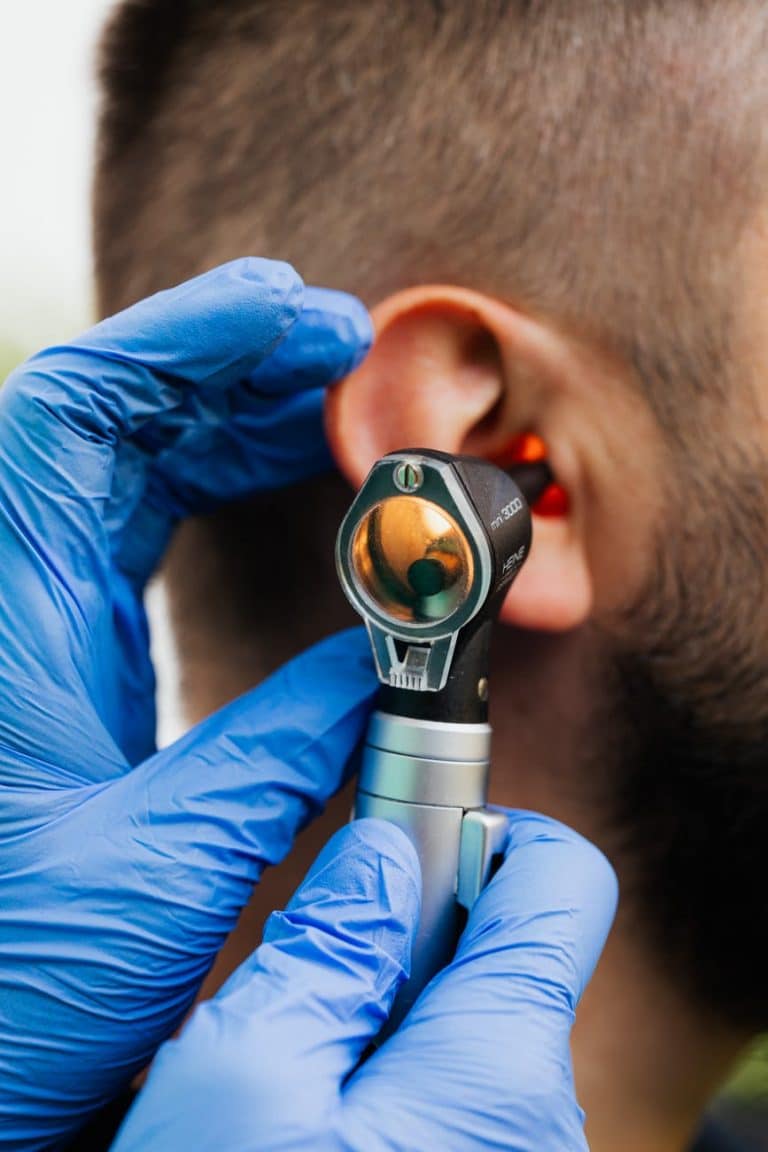Hearing loss is a progressive condition, meaning it develops slowly over time. The signs may be subtle: maybe your family complains you turn up the TV too loud, maybe it seems like everyone around you is mumbling because you have trouble understanding them even though you can hear their voices, or maybe after social interactions you feel completely drained.
It’s important to not ignore these signs, as the results of untreated hearing loss can be devastating.
What Are the Risks of Untreated Hearing Loss?
Untreated hearing loss has been associated with a number of emotional and medical problems, including higher rates of depression, anxiety and other psychosocial disorders, increased risk of injury/hospitalization from a fall and increased risk of developing dementia.
Another risk of untreated hearing loss is auditory deprivation, which is a phenomenon where the parts of the brain responsible for helping you hear shrink and atrophy due to lack of use.
Understanding Auditory Deprivation
When your brain stops receiving sound signals, or receives fewer of them, it loses the ability to process sound because cognitive resources are reallocated to other tasks, like your vision. This means even when you do finally seek treatment and begin to wear hearing aids, your brain will have difficulty making meaning of sounds even though your ears can detect them once again.
Think of your hearing like the PTO you accrue at work. If you plan to take your family to the Golden Gate Bridge, you need to do so sooner rather than later, or you risk your PTO expiring. And once it’s gone, you don’t get it back. But unlike PTO, you won’t get a warning before you reach the point of no return for your brain.
Who Is Affected by Auditory Deprivation?
Auditory deprivation can affect anybody with any level of hearing loss, not just to people whose hearing loss is severe. Authors of a 2014 study called “Cross-Modal Re-Organization in Adults with Early Stage Hearing Loss” report, “Our findings provide the first evidence that visual cross-modal re-organization not only begins in the early stages of hearing impairment, but may also be an important factor in determining behavioral outcomes for listeners with hearing loss.”
For more information or to schedule an appointment, call SH Audiology today.
